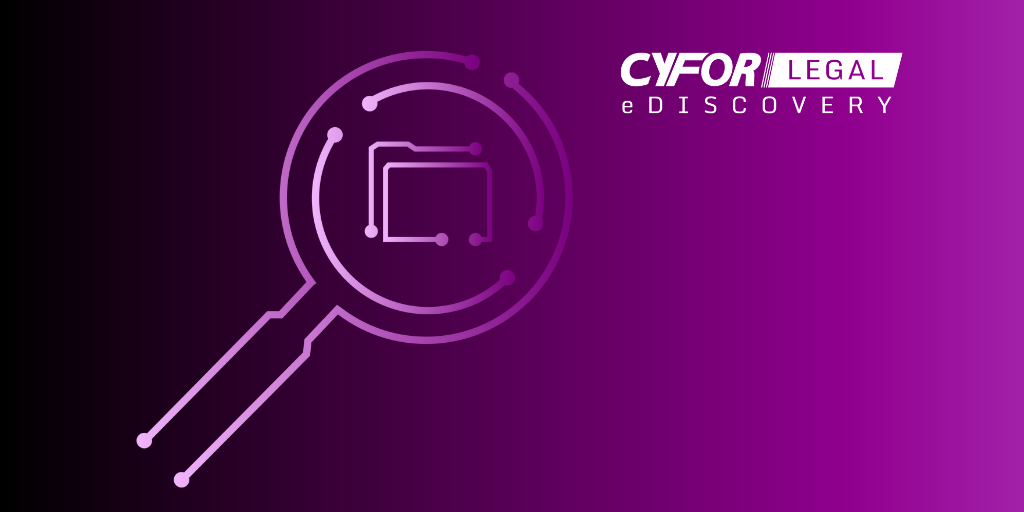eDiscovery Forensic Collection Case Study

eDiscovery Forensic Collection Case Study
CYFOR were involved in a large scale, high-profile eDiscovery Forensic Collection involving data across the UK and overseas in multiple countries in Europe.
The project involved a collection from ninety-five custodians, involving two hundred and fifty-six devices, varying from laptops, hard drives and mobile phones.
Our onsite investigators included an eDiscovery Project Manager, who was able to oversee the entire project through each stage of the EDRM model. This involved carrying out the onsite acquisitions, hosting and facilitating the Early Case Assessment, processing the data then managing the reviewers on the review platform.
Early Case Assessment
By holding an Early Case Assessment meeting, we were quickly able to determine the exact file types that were required from each device allowing us to exclude the irrelevant data. This culled the data down at the earliest stage, reducing the time processing took into Relativity and the overall ingestion cost. We managed twenty reviewers who were set up on the review platform, all from different parties with different permissions to the data.
About Relativity
CYFOR utilise premium eDiscovery software, in the form of Relativity. This is an advanced online review platform, incorporating several invaluable features, including email threading, predictive coding and search analytics. These vastly improve review speed and allow data to be filtered and visualised, so you can find the exact information you require quickly and efficiently.
Key Elements
▪ Large scale forensic collection
▪ Location: Multiple European locations
▪ 95 Custodians
▪ 256 exhibits forensically Imaged
▪ Over 45TB of data processed
▪ 20 Active Reviewers across 3 tiers of permissions
Call us today and speak with a Forensic Specialist
Send an enquiry to our experts
After submitting an enquiry, a member of our team will be in touch with you as soon as possible
Your information will only be used to contact you, and is lawfully in accordance with the General Data Protection Regulation (GDPR) act, 2018.